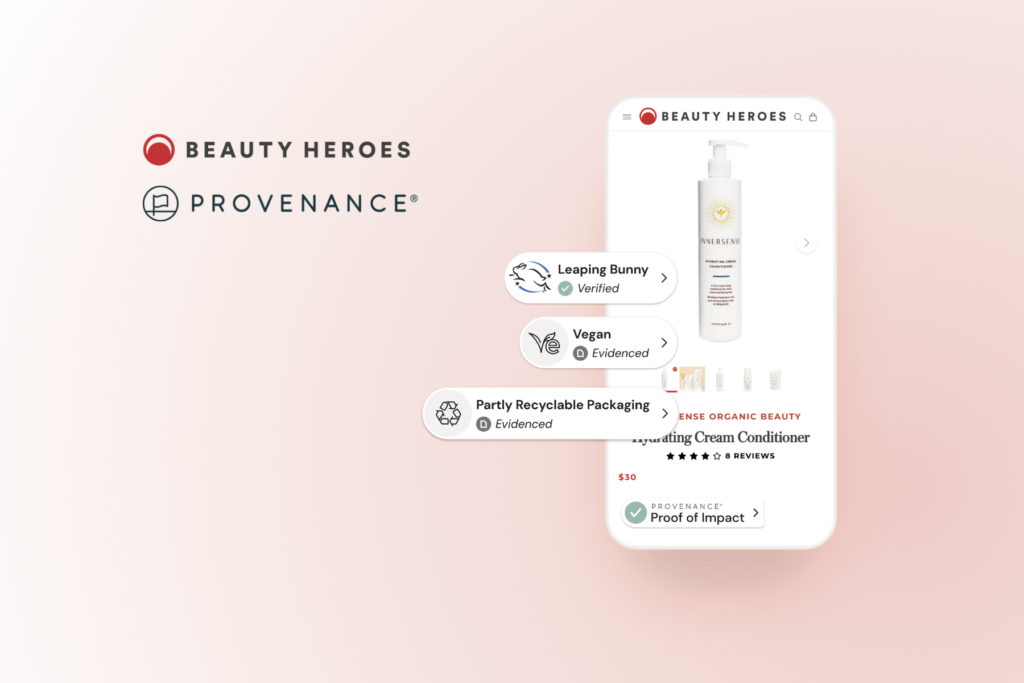What needs influence the shopping decisions of consumers?
Euromonitor International’s 2024 forecast highlights that consumer preferences are closely linked to sustainability, technological developments and socio-political impacts.

This article is available for reading in Trade magazin 2024/2-3
In this environment, companies need to approach sensitive issues true to their brand equity, but with caution, says Alison Angus, head of innovation at Euromonitor International.
#1 Ask artificial intelligence!
Generative AI has brought a reboot of the ecosystem. ChatGPT reached 100 million users within two months of its launch, becoming the fastest growing consumer app in history. It was quickly followed by a flood of apps based on the same large language models (LLMs). While the driving force behind the use of generative AI has been mainly to increase productivity and creativity, new applications are constantly emerging. The “Ask AI” trend can provide brands with a competitive advantage if they use these tools effectively to achieve their own goals and engage customers. Generative AI solutions can speed up the implementation of market entry strategies by supporting innovation, content creation, and coming up with new ideas.
#2 Delightful distractions
Consumers are trying to escape from the stress and anxiety of their daily lives: 29% said they would like brands to track their emotions and tailor experiences to their current mood. Consumers are now looking for moments that bring them positive emotions and relieve their stress, even if only for a few minutes, in a daily dose of happiness. They look for a sense of reward from products and they search for excitement in entertainment. Companies should use delightful distractions at different scales. Emotional marketing can help align products with consumer desire for optimism. A well-worded order confirmation e-mail or in-store sign can easily put a smile on shoppers’ faces.

FIAT has stopped producing cars in grey and has introduced new bright colours inspired by Italy, which more faithfully represent the brand’s “Dolce Vita” values
#3 Tired of greenwashing
Consumers are getting tired of the abundance of green messages. In recent years, they have taken steps to protect the planet with noticeable impact (over 60% of them were trying to make a positive impact on the environment in 2023), but the incidence of climate disasters hasn’t lowered. As temperatures continue to rise, so does consumer scepticism.

On the UK’s Provenance platform, consumers can search for beauty and health brands whose green credentials have been verified
Shoppers are now seeing that individual contributions aren’t enough and are starting to ignore messages that blame them for their own behaviour. Instead, they expect companies and organisations to prove their environmental commitments. The good news for firms is that investing in long-term energy efficiency measures can cuts costs. Full transparency is critical: there is a need to show evidence of responsible business practice.
#4 Gradual polarisation
Social and political movements around the world are generating more and more debate, and the emotionally charged – often divisive – nature of these issues is increasing polarisation. Typically consumers support brands that are in line with their values. Social responsibility, political affiliation or sustainability initiatives can motivate purchases, but they can also leave consumers cold. Some consumers may be put off by brands that support party political agendas, even if this doesn’t mean that they don’t have an opinion on such issues. All in all, brands have to walk a fine line between political and social issues.

#5 In the footsteps of value
Inflation has created a new way of financial thinking, but consumers are still unwilling to save on the products and services they really want. Instead of this they are hunting for the best deals that go beyond the price tag: getting the most for their money in clever ways and without compromising on quality. Businesses need to use more incentives and innovate with affordability in mind, in order to meet the needs of cost-conscious consumers.

The unique SomaSleep home sleep mask from Somalytics in the US assesses sleep quality by tracking eye movement (including REM sleep)
#6 Wellness pragmatists
Consumers are looking for quick and effective solutions to improve their physical and mental well-being. Optimal health without the hassle – that is what self-care means for wellness pragmatists. They don’t expect radical changes overnight, but they do want to see visible improvements. Advances in science and technology are leading to better innovations in health and beauty. Consumers are willing to try these new, often unusual options to achieve the results they want. //
Related news
Trend collector bar in New York
🎧 Hallgasd a cikket: Lejátszás Szünet Folytatás Leállítás Nyelv: Auto…
Read more >Related news
Nestlé to sell remaining ice-cream assets but commits to Froneri venture
🎧 Hallgasd a cikket: Lejátszás Szünet Folytatás Leállítás Nyelv: Auto…
Read more >Lidl guarantees fairer prices for cocoa farmers
🎧 Hallgasd a cikket: Lejátszás Szünet Folytatás Leállítás Nyelv: Auto…
Read more >40 secure jobs, sustainable solutions – new BURGER KING® in Csepel
🎧 Hallgasd a cikket: Lejátszás Szünet Folytatás Leállítás Nyelv: Auto…
Read more >









